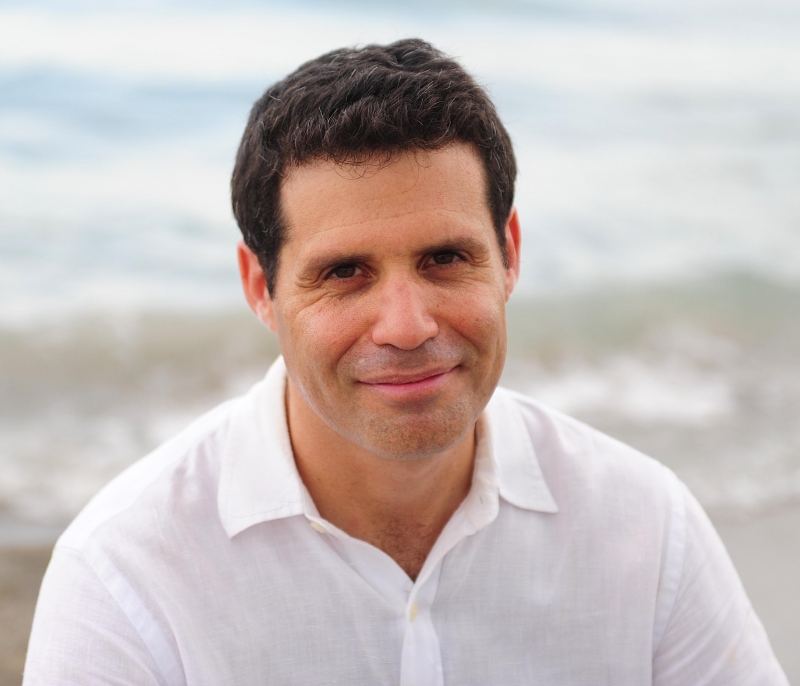Plan Ahead or Live in the Moment
Plan Ahead or Live in the Moment

If a friend gives you a bottle of a very good wine, would you drink it with your next dinner, or save it for a special occasion? Some 2,000 years ago, the two main Jewish academies, headed by their eponymous leaders Hillel and Shammai, argued this point as the following passage from the Babylonian Talmud (Beitzah 16a) illustrates:
They said about Shammai the Elder that every day he ate in honor of Shabbat: If he found a good quality meat he would say: “This is for Shabbat.” If he found an even better one, he would save the second one for Shabbat and eat the first one. But Hillel the Elder employed a different strategy, whereby all his actions were for the sake of heaven, as it is said, “Blessed is God day by day” (Psalms 68:20), [i.e., he would eat whatever food was available on a given day].
The School of Shammai’s worldview focused on the need to plan for future eventualities. The School of Hillel, on the other hand, emphasized the present moment. If they had a tasty food today, they would enjoy it, trusting that there would be good food when Shabbat came.
In his discussion of Hanukkah, the renowned medieval rabbi Yoseph Karo (1488–1575) noted that logically speaking, there is no reason to celebrate Hanukkah for eight days, since the miracle of the oil took place only during the last seven days. The first day was not a miracle because the Hasmoneans had enough oil for the first day. So, why do we celebrate eight days to commemorate a seven-day miracle?
Rabbi Karo suggests two answers. The first is that the Hasmonaeans did not use all the oil on the first night. Rather, they divided it into eight portions and allocated some oil for each of the eight nights, hoping to get a few hours of light from the menorah. The miracle was that the oil lasted a full day on each of the eight days. The second possible scenario is that they used all the oil on the first night, but to their astonishment, after filling all the candles of the menorah, the jar remained full of oil. This miracle happened on each of the eight nights.
These two suggestions correspond to the opposite viewpoints of the academies of Hillel and Shammai. According to The School of Shammai, the Hasmonaeans were forward-thinking people like themselves. Realizing that they would not have sufficient amount of pure oil for eight days, they did what they considered to be the most responsible thing, and divided the oil into eight equal parts knowing that the oil would not last all night on any of those nights. But, they reasoned, a few hours of burning candles are better than none. The School of Hillel attributed their own philosophy of embracing the present to the Hasmonaeans. When they filled up the candles to the brim, they had no idea how they would manage to do the same on the succeeding nights, but they did it nonetheless, and hoped for the best.
Should we save for the future or enjoy the moment? The answer is rooted in our personalities, the way we were brought up and the circumstances at hand. But on this coming Hanukkah, in the midst of a particularly trying year, I am planning to take out the good wine and fully enjoy the festival.
Happy Hanukkah!
Thu, July 31 2025
6 Av 5785
Upcoming Events
-
Thursday ,
JulJuly 31 , 2025TODDLER ENRICHMENT PROGRAM
Thursday, Jul 31st 10:00a to 11:15a
-
Thursday ,
JulJuly 31 , 2025Canasta
Thursday, Jul 31st 1:00p to 3:00p
-
Friday ,
AugAugust 1 , 2025TODDLER ENRICHMENT PROGRAM
Friday, Aug 1st 10:00a to 11:15a
-
Friday ,
AugAugust 1 , 2025Shabbat Service
Friday, Aug 1st 6:30p to 7:30p
-
Wednesday ,
AugAugust 6 , 2025Mah Jongg
Wednesday, Aug 6th 1:00p to 3:00p
-
Thursday ,
AugAugust 7 , 2025Canasta
Thursday, Aug 7th 1:00p to 3:00p
-
Friday ,
AugAugust 8 , 2025Shabbat Service
Friday, Aug 8th 6:30p to 7:30p
-
Saturday ,
AugAugust 9 , 2025Men's Club Summer Dinners at Cafe Sole
Shabbat, Aug 9th 6:30p to 7:30p
-
Monday ,
AugAugust 11 , 2025BOOK CLUB - THE OVERSTORY - Richard Powers
Monday, Aug 11th 10:30a to 12:00p
-
Wednesday ,
AugAugust 13 , 2025Mah Jongg
Wednesday, Aug 13th 1:00p to 3:00p
Update this content.
Come Together
Something meaningful and dynamic is happening here at Temple Beth Am. It springs from the warmth of our welcome and the energy of our actions. We call it: Kulanu - All of Us Together.
Join UsUpcoming Events
-
Thursday ,
JulJuly 31 , 2025TODDLER ENRICHMENT PROGRAM
Thursday, Jul 31st 10:00a to 11:15a
-
Thursday ,
JulJuly 31 , 2025Canasta
Thursday, Jul 31st 1:00p to 3:00p
-
Friday ,
AugAugust 1 , 2025TODDLER ENRICHMENT PROGRAM
Friday, Aug 1st 10:00a to 11:15a
-
Friday ,
AugAugust 1 , 2025Shabbat Service
Friday, Aug 1st 6:30p to 7:30p
-
Wednesday ,
AugAugust 6 , 2025Mah Jongg
Wednesday, Aug 6th 1:00p to 3:00p
Privacy Settings | Privacy Policy | Member Terms
©2025 All rights reserved. Find out more about ShulCloud

